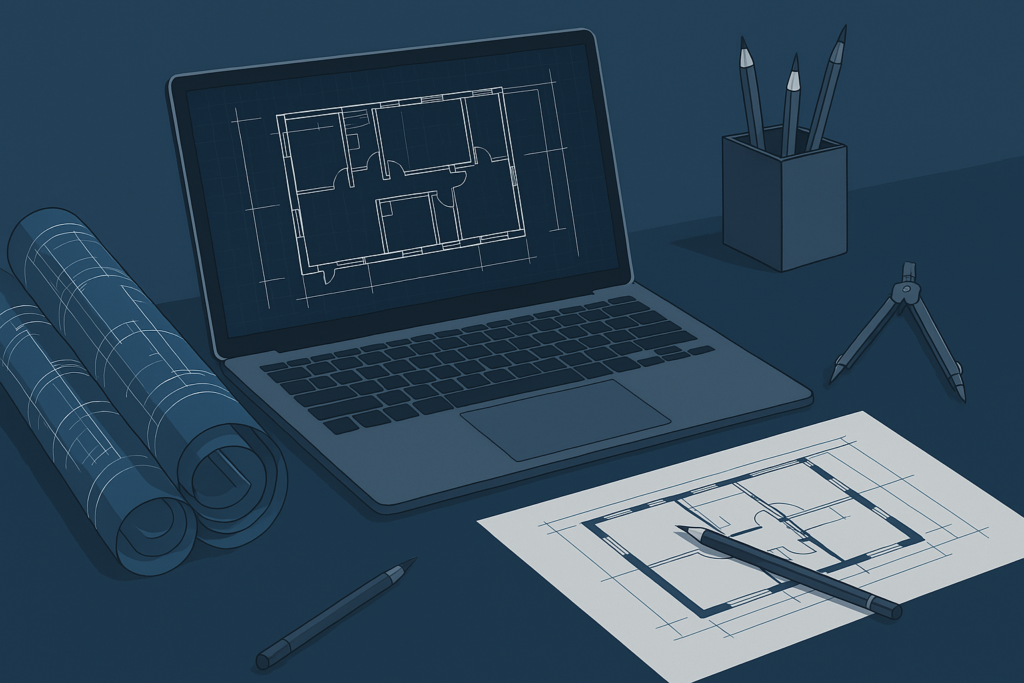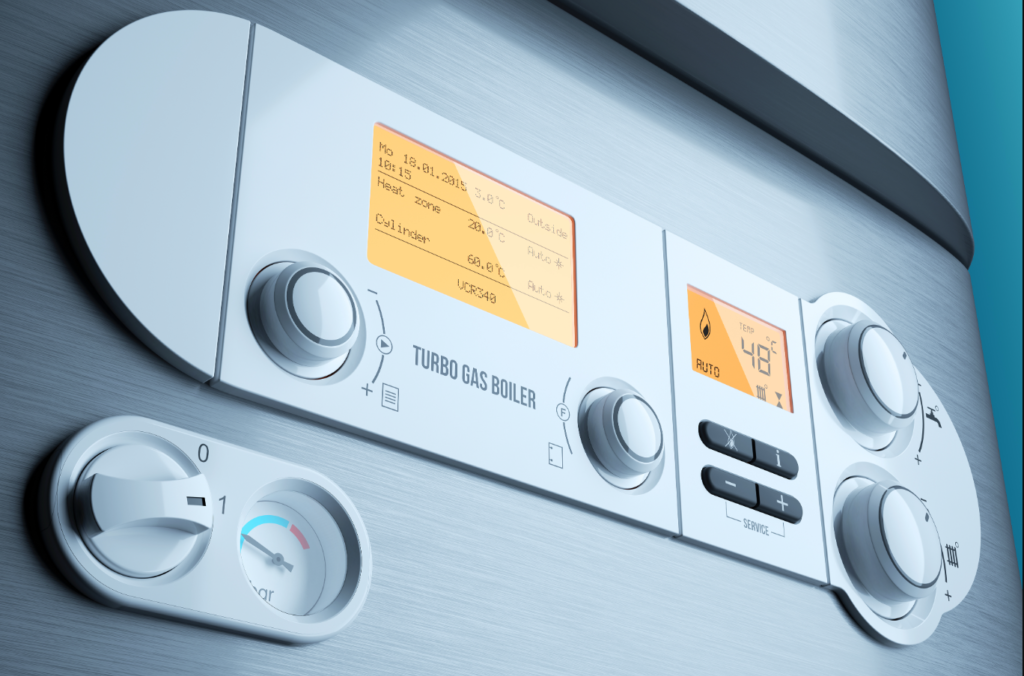Grilling outdoors is one of life’s simple pleasures. The smell of sizzling food, the laughter of friends, and the joy of eating fresh from the grill make barbecuing a favorite pastime around the world. But as much as gas barbecues offer convenience and efficiency, they also require responsibility. Many accidents and injuries happen each year due to improper handling of gas BBQs and bottles.
Whether you’re a weekend griller or a year-round BBQ enthusiast, safety should always come first. This guide covers essential gas BBQ and bottle safety tips every griller should follow to ensure safe, smooth, and stress-free grilling every time.
1. Understand Your Gas BBQ and Bottle System
Before you even light up your gas BBQ, it’s crucial to understand how your equipment works. Gas barbecues usually operate using propane (LPG) or natural gas. The gas is stored in a pressurized bottle or connected to a fixed line.
-
Propane Gas BBQs use portable bottles, which makes them great for backyards, picnics, or camping.
-
Natural Gas BBQs are typically connected directly to your home gas supply.
Knowing which type you own helps you follow the correct safety steps. Always read the manufacturer’s manual before your first use. Each BBQ model may have specific guidelines about gas connection, ignition systems, cleaning, and maintenance.
2. Inspect Your Gas Bottle Regularly
Your gas bottle is the heart of your BBQ setup, and its condition determines your safety. Before every grilling session, perform a quick inspection of your gas bottle.
Here’s what to check:
-
Check the expiration date: Gas bottles have a stamped test date and are usually valid for 10 years. If yours is older, replace or have it re-tested.
-
Inspect for damage: Look for dents, rust, corrosion, or any sign of physical damage.
-
Check for leaks: Spray a soapy water solution on the valve and connection points. If bubbles form, there’s a leak—turn off the gas immediately and have it repaired or replaced.
-
Store upright: Always keep your gas bottle upright, both in use and in storage, to prevent liquid gas from leaking.
Never use a bottle that looks damaged or emits a gas smell, even slightly.
3. Ensure Proper Connection of Gas Hose and Regulator
A secure connection between the gas bottle and BBQ is essential. Loose or faulty fittings are among the most common causes of gas leaks.
Follow these steps to connect safely:
-
Turn off all burners and the gas bottle valve before connecting.
-
Attach the regulator tightly to the gas bottle’s valve, following the manufacturer’s instructions.
-
Use a leak test solution (soap and water mix) after connection. Bubbles mean gas is escaping—never light the BBQ until fixed.
-
Replace worn hoses: Cracks, stiffness, or discoloration mean it’s time for a new one. Hoses typically last about 5 years.
-
Avoid over-tightening: It can damage the O-rings or threads, leading to leaks.
A quick pre-BBQ check of connections takes only a minute but can prevent dangerous accidents.
4. Choose the Right Location for Your Gas BBQ
Where you place your gas BBQ matters just as much as how you use it. Never grill in enclosed or poorly ventilated areas like garages, patios with low ceilings, or tents.
Follow these placement safety tips:
-
Keep at least 1.5–2 meters away from walls, fences, trees, or flammable materials.
-
Always grill outdoors in an open area with good airflow.
-
Avoid grilling under overhanging branches or awnings.
-
Place the BBQ on a flat, stable surface to prevent tipping.
-
Keep the gas bottle away from direct heat and sunlight.
Proper placement not only ensures safety but also provides the best ventilation for even cooking and minimal smoke buildup.
5. Light Your Gas BBQ Safely
Lighting a gas BBQ should be simple, but doing it incorrectly can be risky. Always follow these steps for safe ignition:
-
Open the lid before lighting. Gas buildup under a closed lid can cause a fireball when ignited.
-
Turn on the gas bottle valve slowly.
-
Ignite the burner immediately after turning it on. If it doesn’t light within a few seconds, turn everything off and wait a minute before trying again.
-
Use the built-in ignition system or a long BBQ lighter. Never use matches or small lighters.
-
Check flame stability. A steady blue flame means your BBQ is burning efficiently.
If the flame goes out suddenly, turn off the gas and wait several minutes before relighting to let any gas dissipate.
6. Never Leave Your BBQ Unattended
It may seem harmless to step away for a minute, but unattended BBQs are one of the biggest causes of outdoor fires. Flames can flare up unexpectedly due to grease buildup or wind.
Always:
-
Stay near your BBQ when it’s on.
-
Keep a fire extinguisher or bucket of sand nearby.
-
Avoid letting children or pets play near the grill.
-
Turn off burners and the gas bottle if you need to leave.
Remember, a few seconds of inattention can lead to a major fire hazard.
7. Maintain Proper Ventilation
Gas BBQs produce carbon monoxide, an odorless, colorless gas that can be deadly in enclosed spaces. That’s why ventilation is crucial.
Always grill outdoors and avoid:
-
Using the BBQ inside a tent, shed, caravan, or garage.
-
Cooking near open windows where fumes can drift inside.
-
Blocking air vents around the BBQ.
Proper ventilation ensures complete combustion and keeps the grilling area safe for everyone.
8. Keep Your BBQ Clean and Grease-Free
Grease buildup is a leading cause of BBQ fires. Every time you grill, fat and oil drip onto burners, forming a flammable layer over time.
To prevent flare-ups:
-
Clean the grill grates after each use.
-
Empty and wipe down the grease tray regularly.
-
Remove food residue and burnt bits.
-
Perform a deep clean every few weeks—disassemble the BBQ, soak removable parts, and scrub burners gently.
A clean BBQ not only prevents fires but also improves food flavor and equipment longevity.
9. Turn Off the Gas After Use
Once you’re done grilling, don’t forget to turn off both the burners and the gas bottle valve.
This step is often overlooked but is vital for safety:
-
It prevents slow leaks.
-
Keeps gas pressure from building up in hoses.
-
Prolongs the life of your equipment.
After shutting off, allow the BBQ to cool down completely before covering or storing it.
10. Store Gas Bottles Safely
Proper storage of gas bottles is just as important as using them correctly. Improper storage can lead to leaks, explosions, or pressure buildup.
Follow these safety storage rules:
-
Store bottles upright and outdoors in a shaded, well-ventilated area.
-
Keep away from heat sources such as stoves, direct sunlight, or vehicles.
-
Never store inside homes, garages, or basements.
-
Make sure the valve is tightly closed when not in use.
-
If storing for long periods, cover the bottle cap to prevent dirt and moisture from entering.
During transport, always keep the bottle upright and secure. Do not leave it in a hot car.
11. Check for Gas Leaks Regularly
Even if you don’t smell gas, it’s smart to test your system periodically. Gas leaks can occur silently and gradually.
Here’s the soap test method again for regular checks:
-
Mix a solution of soapy water (1 part dish soap, 3 parts water).
-
Apply it to the regulator, hose, and connection joints.
-
Turn on the gas slightly (do not ignite the BBQ).
-
If you see bubbles forming, you have a leak.
Turn off the gas immediately and fix or replace the faulty part before using again.
12. Handle Gas Bottles with Care
Gas bottles are built to be tough but still need careful handling:
-
Do not drop or roll them on hard surfaces.
-
Avoid dragging across rough ground.
-
Always carry upright with the valve facing upward.
-
If you smell gas or suspect a leak, move the bottle outdoors away from flames and call a professional.
Proper handling prevents damage that could compromise the bottle’s integrity.
13. Be Weather-Wise While Grilling
Weather conditions can affect BBQ performance and safety.
-
Avoid grilling in strong winds, which can blow out flames and cause gas buildup.
-
Never grill during rain or storms; moisture can damage burners and cause electrical hazards.
-
If the BBQ gets wet, dry it thoroughly before reuse.
Seasonal maintenance before summer or after storage ensures all parts are working safely.
14. Know What to Do in an Emergency
Despite precautions, emergencies can still happen. Always be prepared:
-
If you smell gas, turn off the gas supply immediately and move everyone away.
-
Do not relight the BBQ until the source of the leak is found and fixed.
-
For a fire, never use water—use a dry powder extinguisher or smother the flame with a fire blanket.
-
Call emergency services if the fire is out of control or if the gas bottle is heating up.
Quick action and calm responses save lives in emergencies.
15. Schedule Regular Maintenance
Your gas BBQ, like any appliance, needs regular maintenance to stay safe and efficient.
Inspect:
-
Burners for blockages or corrosion.
-
Hoses for cracks.
-
Ignition systems for spark consistency.
-
Gas pressure and flow.
Have your BBQ and gas bottle checked by a qualified technician annually, especially if used frequently.
Conclusion
Grilling with a gas BBQ is fun, convenient, and delicious—but only when done safely. Understanding how your BBQ and gas bottle work, performing regular inspections, ensuring good ventilation, and keeping your equipment clean are simple habits that go a long way toward preventing accidents.
By following these gas BBQ and bottle safety tips, you can enjoy your cookouts with confidence, knowing your setup is secure, your food will cook evenly, and your family and guests are safe.
So next time you fire up the grill, take a moment to double-check your connections, your surroundings, and your gas bottle. Safety might not be as exciting as smoky ribs or juicy burgers—but it’s the key ingredient to every perfect BBQ.



